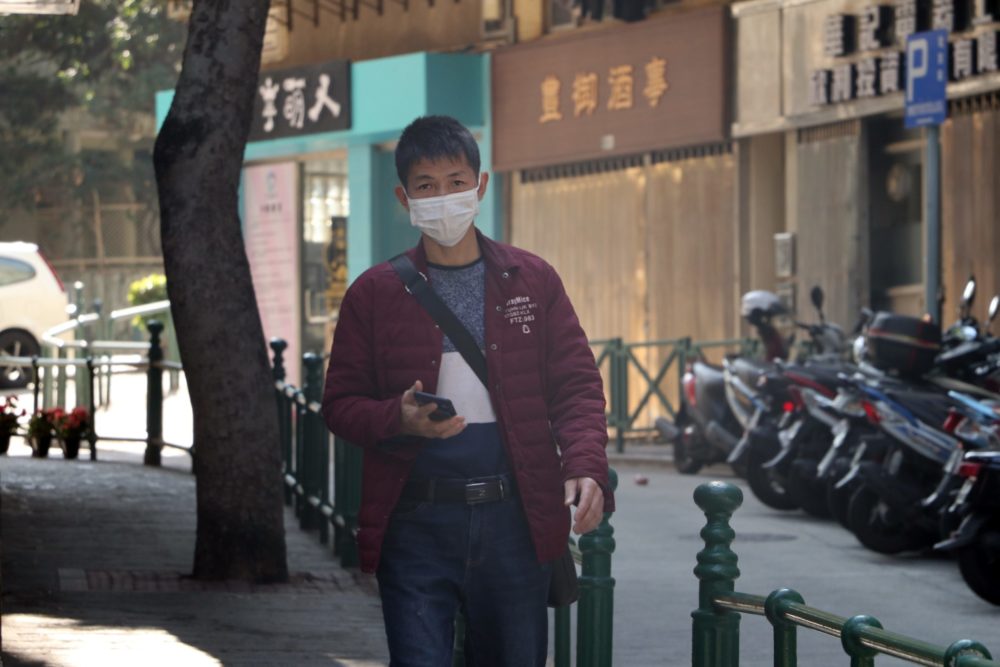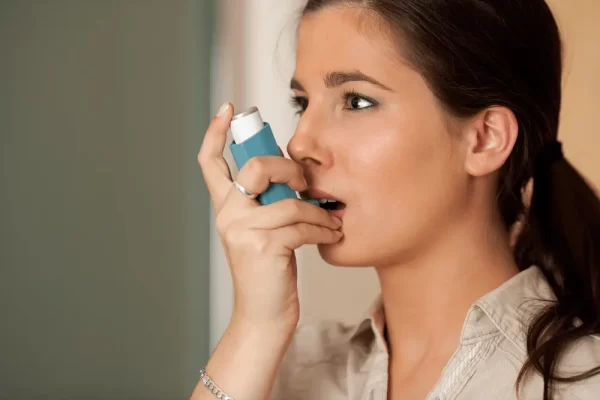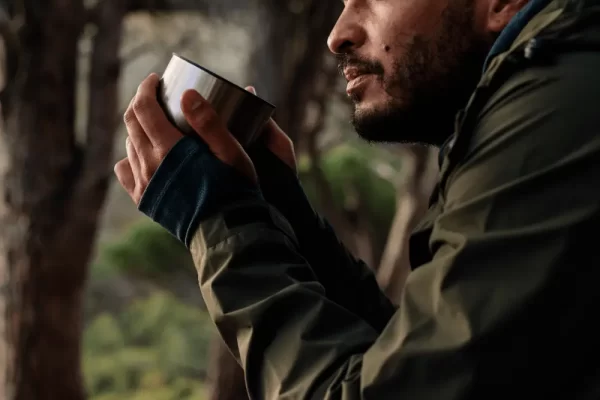With the World Health Organization (WHO) declaring the coronavirus as a global health emergency, the disease continues to spread across countries.
First detected in the city of Wuhan, China in December, the “novel” coronavirus outbreak has taken the death toll to a 1,000 (as of Tuesday, Feb. 11th) in China alone, with new cases emerging in Thailand, Japan, Australia, Germany, France, U.S., India and many other countries.
What is coronavirus
The coronavirus, given the name COVID-19, originates from a large family of viruses that can cause illness ranging from the common cold to more severe diseases like pneumonia, severe acute respiratory syndrome (SARS), & kidney failure.
The coronavirus is not a new disease, however. There exist many different types of coronaviruses. In fact, the common cold can be a cause of a coronavirus. But the “novel” coronavirus is a new strain of the already existing virus which was not previously identified. The difference between the two is the severity- while a typical coronavirus will cause mild illness, the novel version can lead to severe symptoms and possible death.
How does the virus spread
The novel coronavirus is said to spread mainly from person to person among close contacts through illnesses. People are likely most contagious when they are most symptomatic. Transmission through infected surfaces is also a major factor.
The source of the virus is currently thought to be contracted either through a bat or a snake. According to Centers for Disease Control and Prevention (CDC), “Analysis of the genetic tree of this virus indicates it originated in bats, but whether the virus jumped directly from bats or whether there was an intermediary animal host is not, yet, known.”
What are the symptoms?
According to the WHO, signs of coronavirus infection include fever, cough, shortness of breath and breathing difficulties.
It can range from mild to severe and in more severe cases, the infection can cause pneumonia, severe acute respiratory syndrome, multiple organ failure and even death.
What can you do to protect yourself?
A vaccine is not yet available to prevent coronavirus. But researchers at the U.S. National Institutes of Health confirmed that they were in preliminary stages of developing one. For the time being, doctors say basic hygiene is the way to go to protect yourself from the virus.
The WHO and CDC also recommends that you take the usual precautions against the new coronavirus.
1. Wash your hands thoroughly and frequently
Wash your hands frequently with soap and water or use a hand sanitizer with at least 60% alcohol. Washing your hands is a strong defence against the coronavirus outbreak. It is advised to wash your hands also while eating, cooking, before and after preparing food, after using the toilet, touching animals and taking out trash.
2. Wipe down surfaces
Clean and disinfect surfaces and touched objects using a regular household cleaning spray or wipe.
3. Cover your mouth when you sneeze and cough
When sneezing and coughing cover your mouth with your elbow or use a tissue and dispose it right after. Avoid sneezing or coughing into your hands as it can contaminate objects or people that you touch. And don’t forget to wash your hands after using soap or an alcohol-based hand sanitizer.
4. Wear a mask
Wear a protective mask when going outside to decrease the chances of breathing in contagious air particles.
5. Practice food safety
Cook your food properly, especially meat and eggs. Wash you hands before and after cooking and use separate chopping boards and knives for raw meat.
Measure to take while travelling
Along with practicing basic hygiene, travelers should make sure that surfaces like tray tables and seatbacks on airplanes are properly wiped down with disinfecting wipes or other disinfecting agents.
Travelers should also consider keeping air vents open above the seat to improve ventilation but note that you aim them away from your body. Use disposable tissues to avoid touching door handles directly when you use the bathrooms on flights.
Maintaining safe distance from anyone who appears to be ill can also help prevent you from catching the virus.




